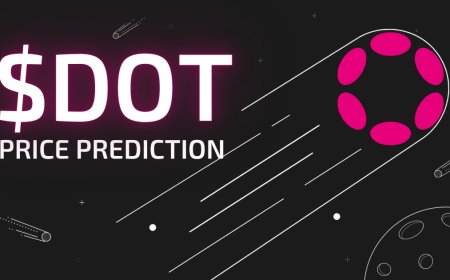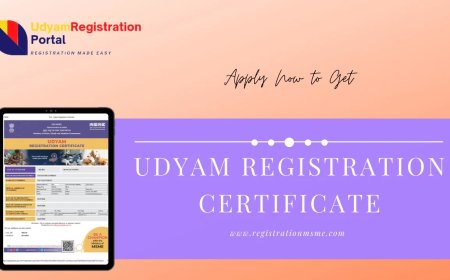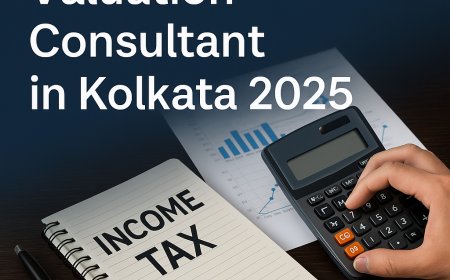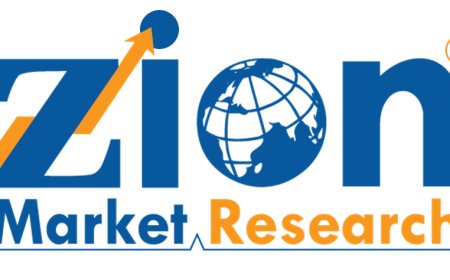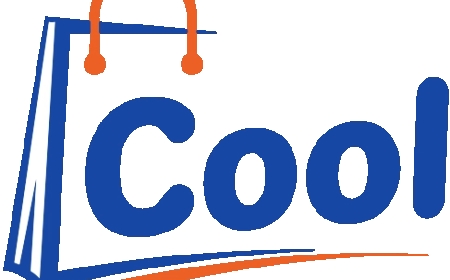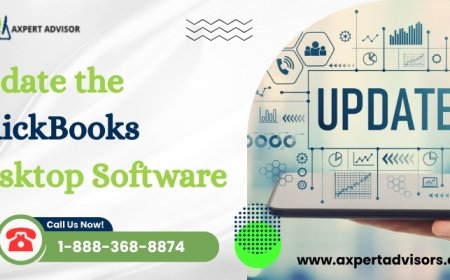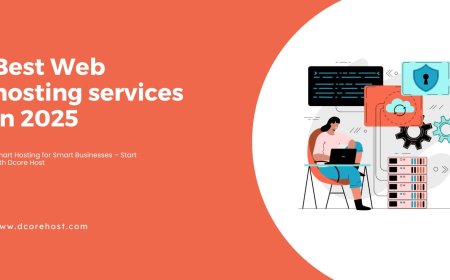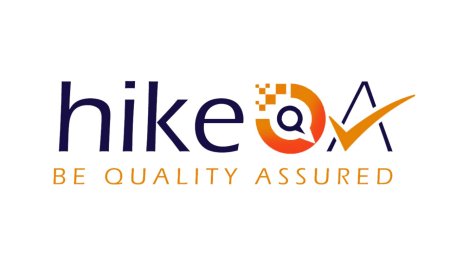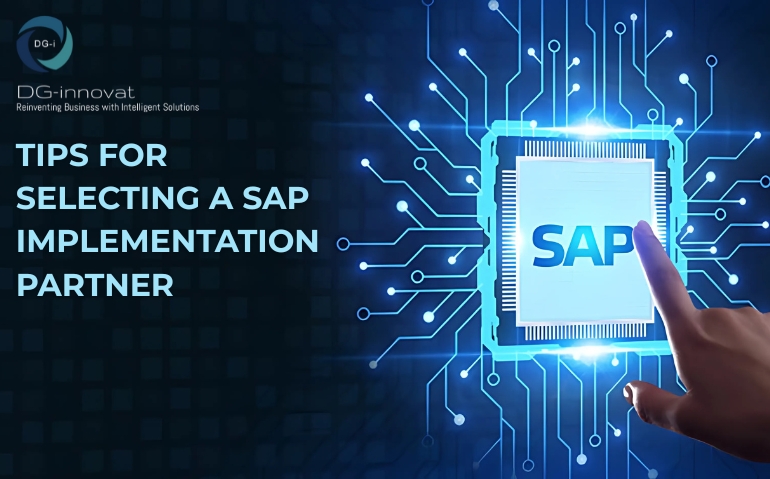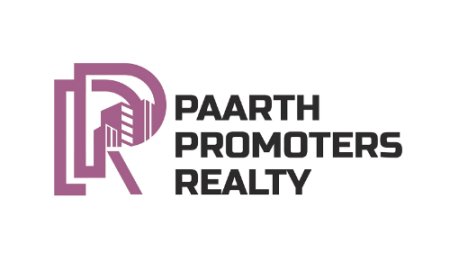Beyond the Buzzwords Understanding Strategic Planning Facilitation
I could use this space to tell you about my being a proven executive, business owner, CEO and all that other blah, blah, blah but what I really want to tell you is how much I love coaching.

At its core, strategic planning facilitation is about guiding a group through the intricate stages of developing, implementing, and monitoring a strategic plan. It's far more than just chairing a meeting; it's about creating an environment where diverse perspectives converge, difficult conversations are navigated productively, and a shared vision emerges. A facilitator acts as a neutral third party, ensuring that every voice is heard, discussions remain on track, and the group reaches consensus on critical decisions.
Why Facilitation Isn't a Luxury, It's a Necessity
Many organizations attempt strategic planning without external facilitation, often relying on internal leadership to steer the ship. While internal leaders possess invaluable institutional knowledge, they also carry inherent biases and may struggle to remain truly neutral, especially when difficult decisions or conflicting interests arise. This can lead to:
-
Dominant Voices Drowning Out Others: Strong personalities can monopolize discussions, preventing quieter but equally valuable insights from surfacing.
-
Lack of Objectivity: Internal stakeholders may be too close to the issues, making it difficult to challenge existing paradigms or identify blind spots.
-
Unresolved Conflicts: Disagreements, if not skillfully managed, can fester and derail the entire planning process.
-
Inefficient Use of Time: Without a structured approach, meetings can become unfocused, leading to wasted time and frustration.
-
Unclear Outcomes: A lack of clear facilitation can result in a vague or incomplete strategic plan that lacks actionable steps.
A professional facilitator mitigates these risks by providing:
-
Neutrality and Objectivity: The facilitator has no vested interest in the outcome beyond a successful process, allowing them to challenge assumptions and encourage critical thinking without bias.
-
Expert Process Guidance: Facilitators bring a deep understanding of strategic planning methodologies and tools, ensuring a structured and efficient journey.
-
Conflict Resolution Expertise: They are skilled in managing disagreements, fostering constructive dialogue, and helping the group find common ground.
-
Enhanced Participation: Facilitators employ techniques to encourage participation from all stakeholders, ensuring a richer tapestry of ideas.
-
Focus and Efficiency: They keep discussions on track, manage time effectively, and guide the group towards concrete outcomes.
-
Accountability: A well-facilitated process clearly defines roles, responsibilities, and timelines, fostering accountability for implementation.
The Facilitator's Toolkit: Key Elements of Strategic Planning Facilitation
A skilled strategic planning facilitator utilizes a range of techniques and approaches to ensure a successful process. These often include:
-
Pre-Planning and Stakeholder Engagement: Before the main planning sessions, the facilitator will work with leadership to understand the organization's unique context, challenges, and aspirations. They may conduct interviews with key stakeholders to gather diverse perspectives and identify potential areas of contention.
-
Designing the Planning Agenda: Based on the pre-planning insights, the facilitator designs a tailored agenda for the strategic planning sessions. This includes selecting appropriate exercises, discussion prompts, and decision-making frameworks.
-
Creating a Collaborative Environment: This involves establishing clear ground rules, encouraging active listening, and promoting respectful dialogue. The facilitator is adept at reading the room and adjusting their approach to maintain a positive and productive atmosphere.
-
Utilizing Strategic Frameworks and Tools: Facilitators introduce and guide the group through various strategic planning frameworks such as SWOT analysis, Porter's Five Forces, PESTEL analysis, scenario planning, and vision/mission statement development. They ensure these tools are applied effectively to generate meaningful insights.
-
Guiding Discussions and Decision-Making: The facilitator asks probing questions, summarizes key points, identifies emerging themes, and helps the group navigate complex issues. They employ techniques for brainstorming, prioritizing ideas, and reaching consensus on critical decisions.
-
Managing Group Dynamics: This is a crucial skill, involving the ability to identify and address power imbalances, manage dominant personalities, encourage quieter voices, and de-escalate tensions.
-
Documenting Outcomes and Action Planning: The facilitator ensures that all key decisions, action items, and responsibilities are clearly documented. They help the group translate strategic objectives into concrete, measurable action plans.
-
Post-Session Follow-Up: A good facilitator may also assist with communication strategies for the new plan and provide guidance on monitoring and evaluating its progress.
Choosing the Right Strategic Planning Facilitator
Selecting the right facilitator is paramount to the success of your strategic planning efforts. Look for someone with:
-
Proven Experience: A strong track record in facilitating strategic planning for organizations of similar size and industry.
-
Strong Communication and Interpersonal Skills: The ability to connect with diverse groups, articulate complex ideas clearly, and build rapport.
-
Deep Understanding of Strategic Planning Methodologies: Expertise in various frameworks and tools.
-
Neutrality and Objectivity: A commitment to remaining impartial throughout the process.
-
Adaptability: The ability to adjust their approach based on the group's needs and dynamics.
-
Strong Organizational Skills: To manage the agenda, time, and documentation effectively.
In conclusion, strategic planning facilitation is not merely a service; it's a strategic investment that yields significant returns. By bringing in an experienced and impartial guide, organizations can transform their strategic planning process from a potential source of frustration into a powerful engine for innovation, alignment, and sustainable growth. It's the catalyst that ensures your strategic vision isn't just a document, but a living, breathing roadmap to your organization's future success.











